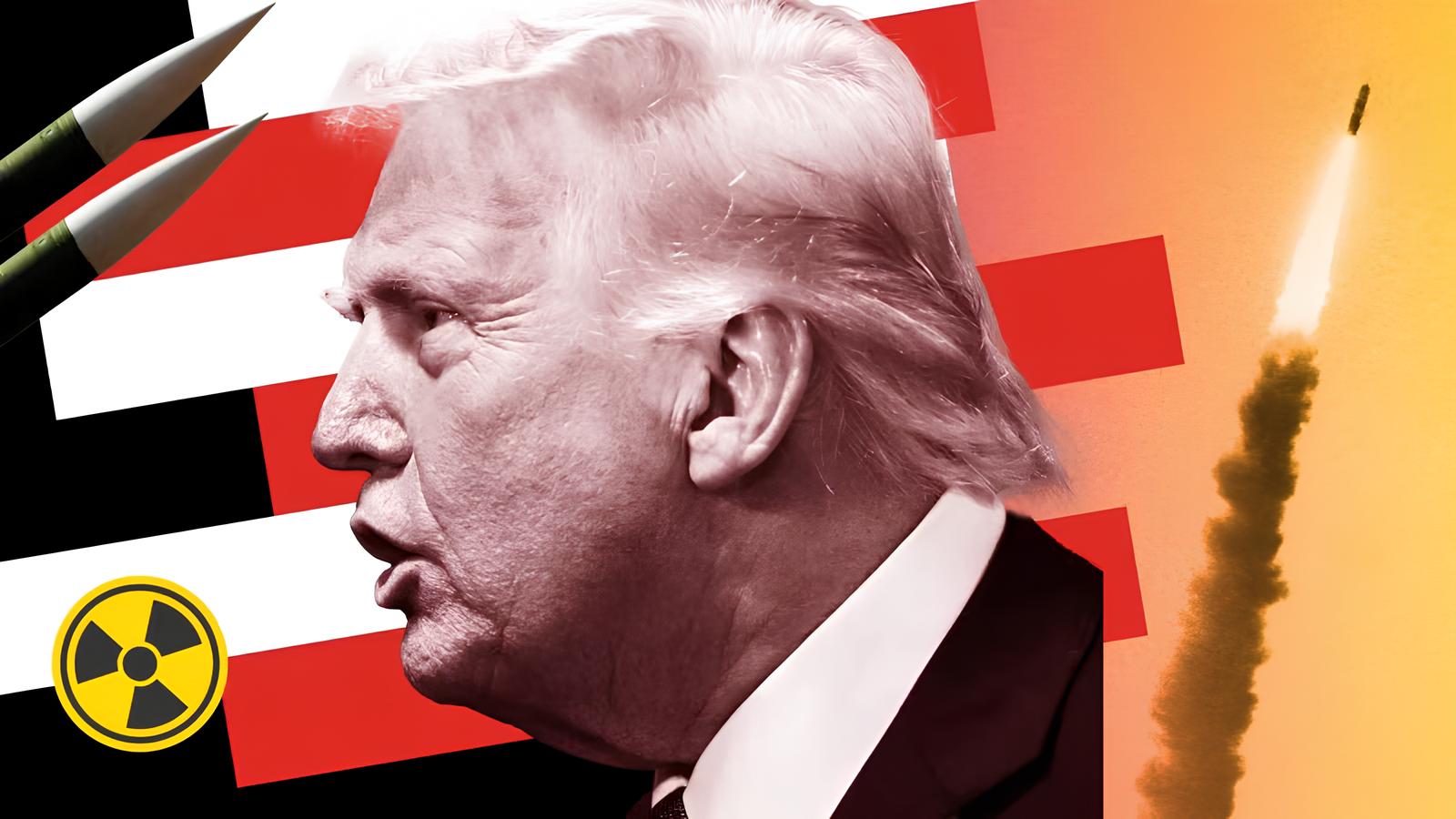
The growing rapprochement between the U.S. and Russia, coupled with a shift away from NATO, has sparked renewed discussions among long-time allies—ranging from Berlin and Warsaw to Seoul and Tokyo—about the prospect of developing their own nuclear arsenals.
The Financial Times reported on this.
Under the Nuclear Non-Proliferation Treaty (NPT), the number of states officially possessing nuclear weapons is limited to the United States, Russia, China, France, and the United Kingdom. India, Israel, and Pakistan, which never signed the pact, have also developed nuclear weapons, as has North Korea—the only country to have withdrawn from the NPT.
This system remained largely intact for a long time, but with the rise to power of Donald Trump in the U.S. and his new policies, key allies in Europe and Asia have started discussions about developing their own nuclear arsenals, preparing for the potential withdrawal of U.S. nuclear deterrence forces.
The media reports that expert analysts fear the collapse of the NPT due to the withdrawal of U.S. security guarantees, which could bring the world closer to having 15-25 nuclear states.
Germany’s future chancellor, Friedrich Merz, stated last month that his country now needs to decide “whether the deployment of nuclear weapons or at least security guarantees from the United Kingdom and France should also apply to Germany.”
This call has sparked an unprecedented public debate, during which even some analysts have publicly questioned whether Germany, whose post-war image is built around promoting peace in Europe, should seek to develop its own nuclear weapons.
Since 1983, 20 American B61 nuclear bombs have been stationed at the Büchel airbase, located 100 kilometers from Cologne. German officials strongly emphasize that the United States has given no indication of withdrawing this nuclear shield.
Defense Minister Boris Pistorius called the debate “an escalation of a discussion we don’t need.” However, privately, some officials have begun to openly consider whether Germany should explore the possibility of acquiring its own nuclear weapons. Earlier this month, Merz insisted that such a scenario would not happen, pointing to two different international agreements prohibiting it.
Debate in Poland has intensified after Prime Minister Donald Tusk proposed the idea of developing the country’s own nuclear weapons or, at the very least, hosting French special munitions on Polish soil.
His political opponent, President Andrzej Duda, responded to the Financial Times by stating that it would be better to relocate American nuclear bombs to Poland. He argues that it would take Poland “decades” to develop its own nuclear weapons.
Analysts and industry leaders widely share this view. Former Defense Minister Janusz Onyszkiewicz called Tusk’s proposal “certainly quite hypothetical and unsuitable for the current situation.”
The rapid development of North Korea’s nuclear program, the blossoming of relations between Pyongyang and Moscow, and the return of Trump to power have all fueled deep concerns in South Korea about its security.
“Support for South Korea developing its own nuclear weapons is growing,” says Sangsin Lee, a research fellow at the Center for the Study of Liberal Democracy at the Korea Institute for National Unification (KINU).
Although no major political party has supported such a move, leaders on both sides have advocated for a shift toward a so-called “nuclear readiness” status—a status that would allow the country to develop nuclear weapons in a short period of time.
Oh Se-hoon, the conservative mayor of Seoul, who is considered a potential presidential candidate, called earlier this month for the U.S. to allow South Korea to acquire stocks of nuclear material, granting Seoul “nuclear readiness” status. His comments came shortly after Foreign Minister Chung Eui-yong told parliament that acquiring nuclear weapons was not off the table.
South Korea already has the highest density of civilian nuclear reactors globally.
“South Korea has the basic technology to create nuclear weapons and already has experience producing very small amounts of plutonium and uranium,” Su Kyun-ryul, emeritus professor of nuclear engineering at Seoul National University, noted. “The technology already exists that would allow the production of nuclear bombs—similar to those dropped on Hiroshima and Nagasaki—within three months.”
Lee Chung-gun, a research fellow at the Korea Institute of Science and Technology Evaluation and Planning, said that, in addition to obtaining sufficient nuclear material, South Korea would also “need to develop a detonation system and nuclear warheads, as well as conduct testing.”
“If the country declares a state of emergency and mobilizes all national resources, it could create nuclear weapons in about two years,” Lee said.
Japan’s unique status as the only country to have been a victim of nuclear warfare has made the issue of acquiring nuclear weapons one of the greatest political taboos throughout its post-war history.
Meanwhile, there has long been a hidden debate in certain circles about the need for such weaponry, fueled by the emergence of nuclear weapons in North Korea and China’s aggressive policies. Recently, this debate has been further ignited by Trump’s statements, which called into question the reliability of the U.S. “nuclear umbrella.”
A senior Japanese official told journalists from the publication that this issue has always been discussed among a small group of the most aggressive politicians: “The circle of participants may now expand.”
Japan was one of the first signatories of the NPT, but its peaceful use of nuclear energy and the opening of an enrichment facility in the early 1990s also provided it with significant stocks of nuclear material, which could potentially be used to create nuclear weapons.
Japan’s extensive and sophisticated industrial base, along with its leadership in specialized engineering sectors, would enable the rapid development of weapon designs, likely within just a few months of receiving political approval to proceed.
According to Japan’s latest report, by the end of 2023, the country held approximately 8.6 tons of plutonium—sufficient, in theory, to produce several thousand nuclear bombs.
Підтримати нас можна через:
Приват: 5169 3351 0164 7408 PayPal - [email protected] Стати нашим патроном за лінком ⬇
Subscribe to our newsletter
or on ours Telegram
Thank you!!
You are subscribed to our newsletter